|
At the end of the Cold War the US distanced itself almost entirely from Africa. But more recently it has returned to seeing sub-Saharan Africa as a site of geopolitical and commercial interests. Maria Ryan outlines the three factors she argues drove this change of focus, and how the US ought to proceed in its dealings with countries on the continent.
Cameroon introduced a law some 25 years ago that gave people living on the edge of forests the right to own and manage forest areas. The idea was that this would reduce poverty and protect the forests. But, explain Serge Mandiefe Piabuo, Divine Foundjem Tita and Peter A Minang, poor governance by community committees has hampered the law’s effectiveness.
|
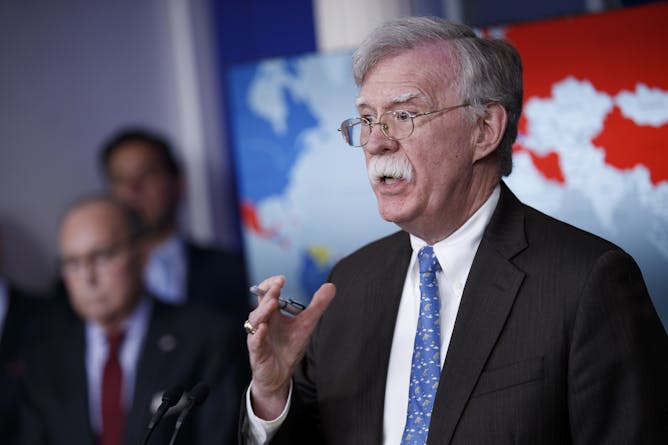
US National Security Advisor John Bolton sees China as a threat to Washington in Africa.
EPA-EFE/Shawn Thew
Maria Ryan, University of Nottingham
The US needs to review whether a security agenda based on US priorities will solve problems in sub-Saharan Africa.
|
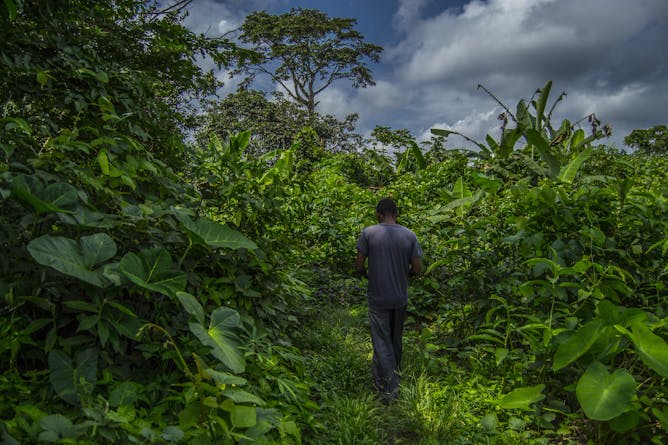
About 40% of Cameroon’s territory is covered in forest.
Philippe JONG/Shutterstock
Serge Mandiefe Piabuo, World Agroforestry Centre (ICRAF); Divine Foundjem Tita, World Agroforestry Centre (ICRAF); Peter A Minang, World Agroforestry Centre (ICRAF)
Forest communities have seen little or no change in improving livelihoods and stopping deforestation.
|
Politics + Society
|
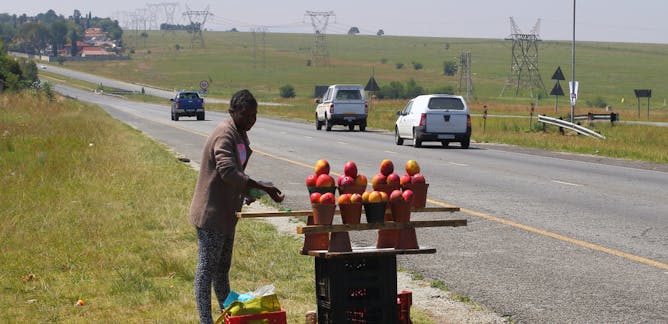
Brian Levy, University of Cape Town
Half of South Africa's population remain chronically poor, and the quarter in-between struggle to stay out of reach of destitution.
| |
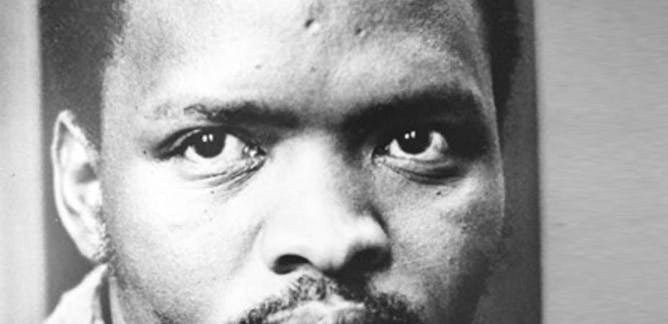
Anne Heffernan, Durham University
Fifty years after the founding of South African Students' Organisation this anti-apartheid movement remains a model for student activists.
|
|
|
Health + Medicine
|

Elizabeth Kimani-Murage, Brown University
The WHO has called for the global scale-up of human milk banks.
| |
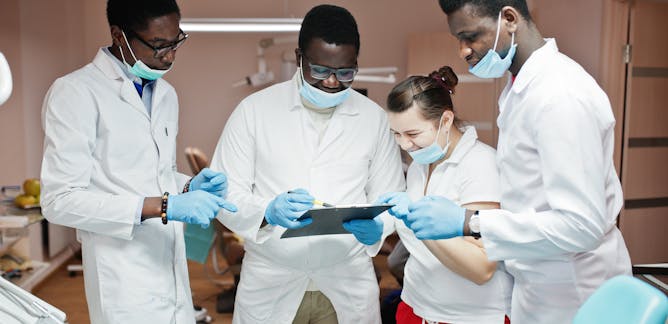
Firdouza Waggie, University of the Western Cape
Sharing expertise and experiences of different health and social care professionals can improve health care.
|
|
|
From our international editions
|
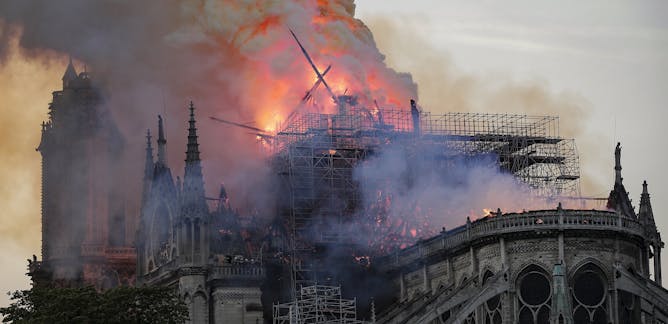
Claire Smith, Flinders University; Jordan Ralph, Flinders University
With modern technology, it is entirely possible for the cathedral to be recreated with near-accuracy to the original. We can do this and keep the original building's spirit and feeling.
| |
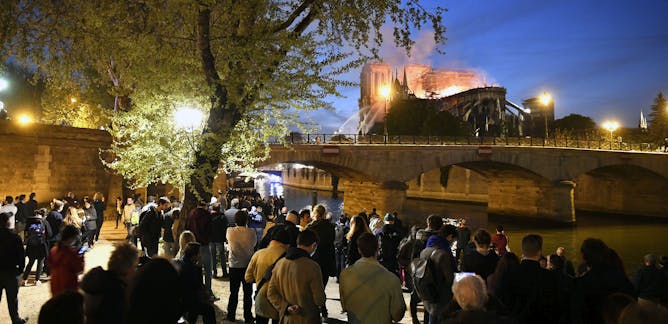
Alice Kelly, University of Oxford
Words are as important as pictures for helping us come to terms with such a huge cultural loss.
|
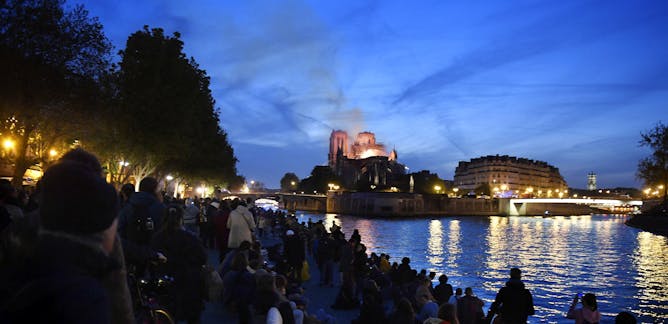
Jose Antonio Gonzalez Zarandona, Deakin University; Cristina Garduño Freeman, University of Melbourne
Images of Notre Dame on fire have elicited an outpouring of grief around the world and online. This response raises the question of why we feel more connected to some heritage places than others.
| |
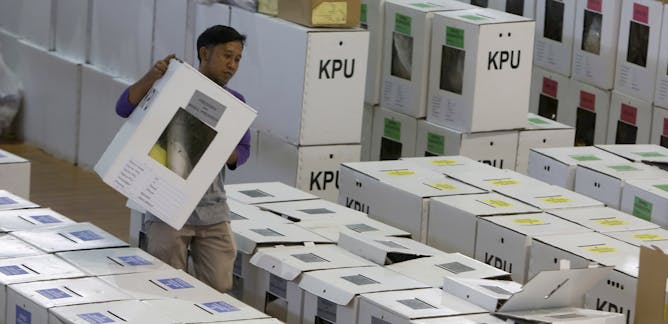
Yohanes Sulaiman, Universitas Jendral Achmad Yani
Here is what you need to know about Indonesia's elections and what's at stake.
|
|
|